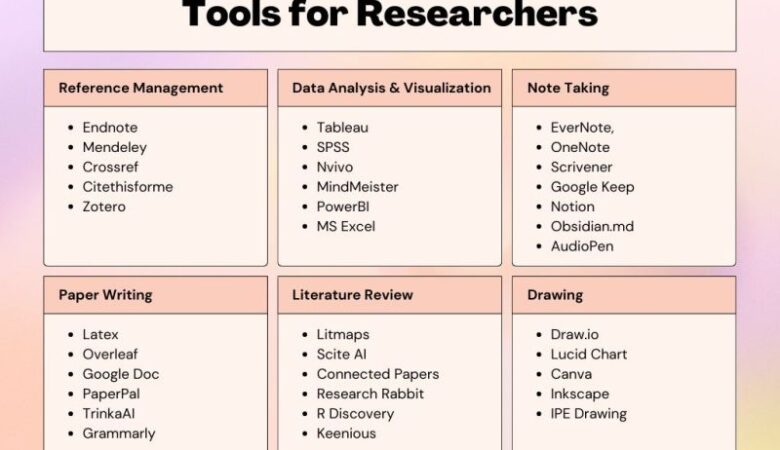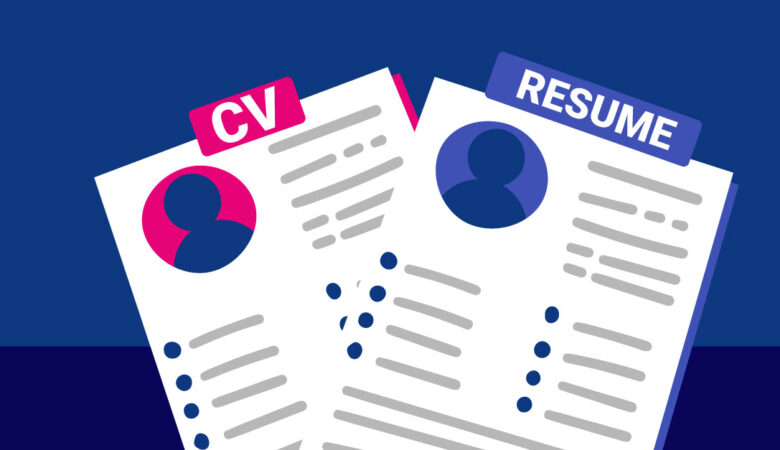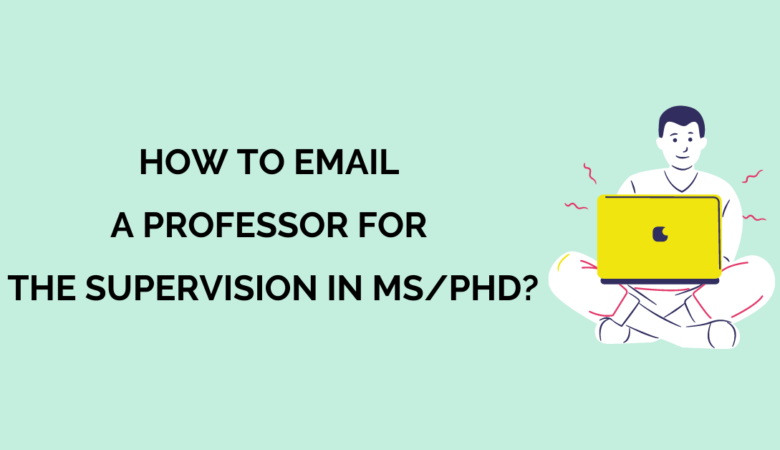Studying abroad is a unique and transformative experience that opens doors to top-tier academics, multicultural immersion, and unparalleled personal growth. For many international students, financing this adventure can be challenging—but some of the world’s most desirable study destinations also allow you to work while studying abroad, easing the financial burden and enriching your résumé. In this guide, we explore the 8 best countries to study and work abroad, detailing visa conditions, work limits, top academic fields, and insider tips to make your overseas education both affordable and rewarding.
1. Germany: Study and Work in the Heart of Europe
Germany has long been known for its tuition-free universities, cutting-edge research, and robust job market—making it one of the best countries to study and work abroad.
Work Rights: International students can work up to 120 full days or 240 half days per year without a separate work permit.
Top Fields: Engineering, Computer Science, Business & Economics, Medicine, Architecture.
Cost of Living: €800–€1,200/month (varies by city).
Scholarships: DAAD grants, Deutschlandstipendium (€300/month).
Insider Tip: Learn basic German (A2/B1) to expand part-time opportunities in retail, hospitality, or research labs.
2. New Zealand: Land of the Long White Cloud
With its breathtaking landscapes and welcoming culture, New Zealand offers a fantastic balance of study and work.
Work Rights: Up to 20 hours per week during term and full-time during official breaks; post-study work visas available.
Top Fields: Engineering, Agriculture, Tourism & Hospitality, IT, Healthcare.
Cost of Living: NZD 1,200–1,500/month.
Scholarships: New Zealand International Scholarships, university-specific awards.
Need to Know: After two years of full-time study, you may qualify for an open work visa, giving you up to three years to find relevant employment.
3. Switzerland: Precision, Quality, and Opportunity
Renowned for its high quality of life and research excellence, Switzerland is a hotspot for international scholars.
Work Rights: EU/EFTA students unrestricted; non-EU/EFTA up to 15 hours/week during term after 6 months of study, full-time on break.
Top Fields: Finance & Banking, Life Sciences, Hospitality, Engineering, Luxury Management.
Cost of Living: CHF 1,800–2,500/month.
Scholarships: Swiss Government Excellence Scholarships, university grants.
Pro Tip: Secure a paid internship (stage rémunéré) in industries like pharmaceuticals or watchmaking to boost both your income and CV.
4. France: Art, Culture, and Innovation
From world-class art history programs to cutting-edge tech incubators, France offers diverse study-and-work options.
Work Rights: Up to 964 hours/year (approx. 20 hrs/week); full-time during summer holidays.
Top Fields: Medicine, Pharmacology, Fashion & Design, Hospitality, Engineering, Social Sciences.
Cost of Living: €1,000–1,500/month (Paris higher).
Scholarships: Eiffel Excellence Scholarship, region-specific grants (e.g., Ile-de-France).
Did You Know? Many universities partner with local Start-ups—ideal for paid internships in digital media, biotech, and luxury goods.
5. Australia: Quality Education Down Under
With its diverse campuses and booming economy, Australia remains a premier choice for study and work abroad.
Work Rights: Up to 40 hours per fortnight (full-time during breaks) on a Student visa (subclass 500).
Top Fields: Business Administration, Environmental Science, Biomedical Engineering, Information Technology, Hospitality.
Cost of Living: AUD 1,500–2,000/month.
Scholarships: Australia Awards, university-specific bursaries.
Strategic Move: Many students find on-campus roles (library assistant, lab technician) that align with their studies and provide networking opportunities.
6. Canada: Maple-Leaf Merit and Opportunity
Known for its inclusive policies and post-study work options, Canada ranks high among the best countries to study and work abroad.
Work Rights: Up to 20 hours per week during semesters, full-time in scheduled breaks on a Study Permit.
Top Fields: MBA, Information Technology, Engineering, Healthcare, Environmental Studies.
Cost of Living: CAD 1,000–1,500/month.
Scholarships: Vanier Canada Graduate Scholarships, provincial awards (e.g., Ontario Graduate Scholarship).
Pathway to PR: After graduation, the Post-Graduate Work Permit (PGWP) lets you gain up to three years of Canadian work experience toward permanent residency.
7. United Kingdom: Tradition Meets Modernity
With centuries-old universities and a modern economy, the UK remains a magnet for ambitious students.
Work Rights: Tier 4/Student visa holders can work up to 20 hours/week (degree level) and full-time during vacations.
Top Fields: Law, Medicine, Business, Engineering, Creative Arts.
Cost of Living: £1,100–1,800/month (London premium).
Scholarships: Chevening, Commonwealth Scholarships, Rhodes Scholarship (Oxford).
Insider Insight: Many students secure graduate internships through university career centers, blending study with high-level work experience.
8. United States: Innovation and Diversity
The USA boasts world-leading institutions and extensive on-campus employment options for F-1 visa students.
Work Rights: On-campus up to 20 hours/week during term, 40 hours/week in vacations. Optional Practical Training (OPT) for 12–36 months post-graduation.
Top Fields: Computer Science, Business Analytics, Biomedical Sciences, Engineering, Social Sciences.
Cost of Living: USD 1,200–2,000/month (varies widely).
Scholarships: Fulbright Program, university assistantships, private grants.
Critical Step: Secure a Curricular Practical Training (CPT) opportunity early in your program to gain paid, field-related experience before OPT.
Maximizing Your Study & Work Experience
- Start Early: Research visa rules, university requirements, and work-permit procedures at least 12 months before enrollment.
- Utilize Career Services: University career centers and job fairs are goldmines for part-time roles, internships, and networking.
- Balance Is Key: Maintain academic performance—working more than the allowed hours or neglecting studies can jeopardize your visa status.
- Language Skills: Even in English-taught programs, basic local language proficiency (A2/B1) enriches your social life and work prospects.
- Budget Wisely: Factor in health insurance, student fees, and housing deposits when planning your finances.
Conclusion: Make 2025 Your Year Abroad
Choosing to study and work abroad in 2025 can be the most rewarding decision of your academic journey. From Germany’s tuition-free universities to Canada’s pathways to permanent residency, each country offers unique advantages for international students. By understanding work rights, mastering the visa application, and strategically leveraging scholarships, you can fund your studies, gain professional experience, and build a truly global resume.
Start your adventure today—research programs, connect with alumni, and prepare your application. Your study-and-work abroad story is waiting to be written!







I am mechanical engineering MSc. Holder and I need to study my PhD degree